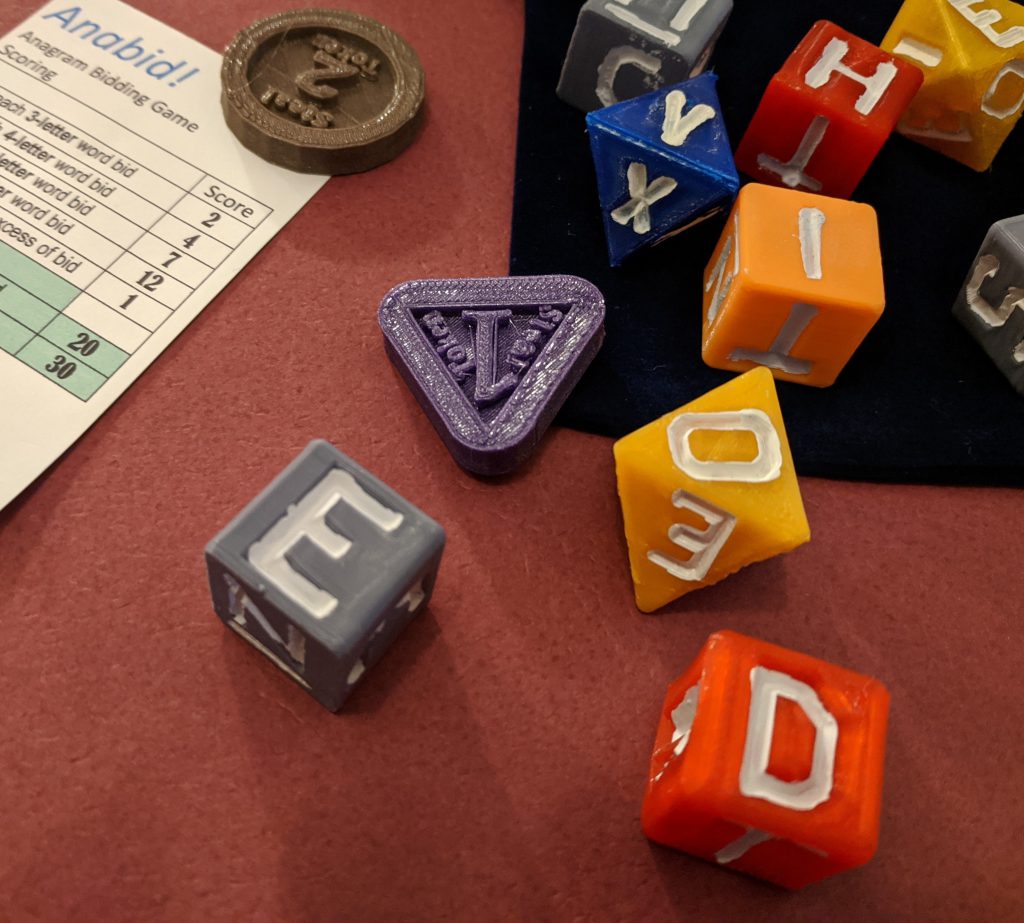There are a lot of new ideas being bandied about by Presidential candidates this election season. Those few that survive to a post-election legislative effort will likely be blunted or severely modified. Nonetheless, that does not keep some folks from declaring with every new idea that the sky is falling and pointing out that some who took reasonable actions to deal with the pre-change situation will be hurt and require compensation.
We all take actions
in response to situations as they currently are. Things change. You made a good decision at the time. However, you’re not going to get a gold star
(or a tax credit) if that decision no longer applies.
Let’s take two
examples.
First, there’s the idea that college tuition will be waived at public institutions. In at least one encounter recorded and played many times on television, a dedicated father complained to one of the policy’s proponents that “it wasn’t fair” to implement this policy because he had done “the right thing” and put aside money so that his child could go to college. Great decision on his part. Even greater that he was deliberate, forward-looking, and disciplined. I applaud him.
However good and capable his decision, that alone should not mean this idea should be rejected. Times change and we all adapt to them. If free tuition were to go through, I am sure that he could find other uses for his savings. Perhaps he could give his child the “on campus” experience or help them to start a business or buy a house (or even buy himself a retirement home somewhere relaxing). He made an excellent decision and showed superior fiscal restraint based on the economic conditions at the time. There was (and is) no guarantee that times won’t change and the value of that good decision lessened.
Secondly, I read a tweet where someone argued that many unions (and I believe, workers in general), “gave up wage increases & other benefits for health care coverage,” and asked how they will be compensated if Medicare for All were implemented. I argue that the same principle applies in this case as above. Unions & workers had a choice: they could pursue higher compensation or try to assure adequate health care for their families. Where healthcare was chosen, those workers have benefitted from the peace of mind that insurance brings and may have received medical services that were covered, in part, by their plan. Could most workers have had more savings or a better quality of life if they hadn’t opted for healthcare? Yes (but some with large medical bills would have been worse off). Should they be compensated if Medicare for All becomes the law of the land? No.
Again, collectively or individually, they made a choice to value healthcare above compensation. It was a good choice at the time. Times may change, but it was still a good choice.
Most of us can look
back on our lives and lament, “If only I’d had this or that when I was
younger.” Usually we think “this or that” could have had a
long-term impact on our quality of life and helped us to make better decisions. And we’re not alone. Engineers, public and private leaders, and
others certainly thought so, because one or more of them brought the “this
or that” we’re lamenting into being.
They saw something that could help other human beings and made it
reality.
Look at the Internet for example. A
couple generations ago, we humans could only dream that the answer known to
mankind to nearly every question could be researched in a matter of seconds —
and with the most recent information!
Every day, people use information from the Internet to make better
decisions about their long term goals as well as their daily lives.
No one is advocating
to compensate those who lived before the Internet for their time researching
periodicals in the library or for mistakes they made because they didn’t have
access to quality immediate information.
There are dozens of new programs forwarded by Presidential candidates
that could affect how we plan for and live our lives. If any actually comes to fruition, getting
‘paid back’ for your good decisions in the past shouldn’t be included.
Times change. Make good decisions. Continue to make good decisions because
they’re the right decision for you now, not because you expect they’ll be the
right decision forever.

